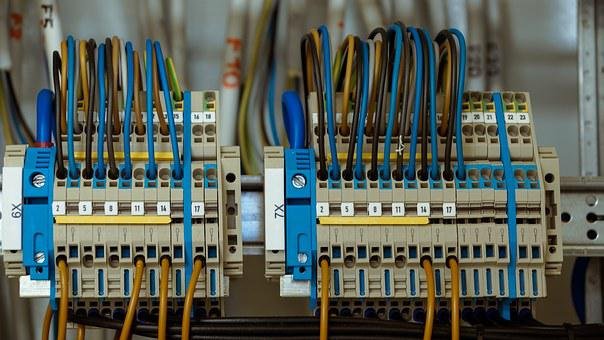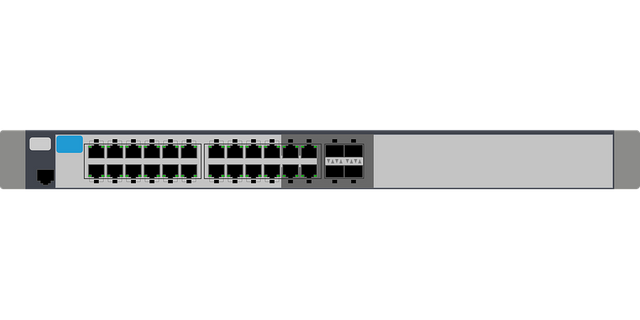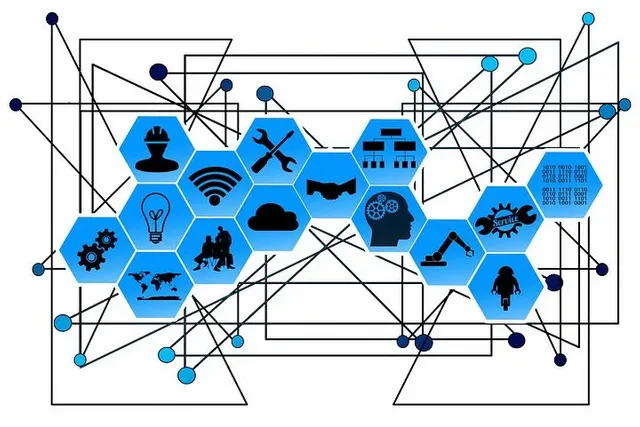WNA Wide Area Network.
A WAN, or "Wide Area Network" is a computer network designed to connect multiple small local area networks (LANs). Your home network is your LAN, and it connects to your neighbors over the WAN, which is often managed by your Internet service provider. You can think of the Internet as a huge van. Although the Internet itself is a WAN, it is possible that there is a small WAN that runs on the Internet, like a business that wants to connect to multiple offices. Running these cables themselves would be very expensive, so they use the Internet, but we can still think of it as a separate van. The US government uses a van to secure communications between different branches across the country. In fact, the Internet was launched when a WAN called the government.
The Difference Between Van and Lane
Van and Lane are built on many similar technologies and seem to differ only in scale, but in practice, they run on very different hardware.
Speed.

Pixabay
Although WANs are certainly not slow, they often do not arrive as fast as your local network can. They are designed to carry maximum bandwidth, which is secondary to their speed. On the LAN, since the connection distance is very short, you can equip all computers with a 10 Gbps network card and transfer files and data between them at breakneck speeds, even up to 100 G. Can also reach BPS. Exclusive network hardware of Infinity Band. Compare this to the WN, which, even when connected to fiber cables, usually does not reach more than 1 Gbps (orders less than LAN speeds) because WANs Hundreds of miles need to be connected. However, unless you have a lot of in-house networking, you will continue to use your LAN to access most of the Internet, and the gigabyte Internet is still very fast. The average Internet speed for the United States is 18 Mbps (55 times lower than Gigabit)
Cables and Connections.

Pixabay
You may be familiar with Ethernet - the cable standard used to connect wired computers to your router. Although Ethernet is very fast, handling gigabit or even 10 gigabit throughput, it can't carry data very far, which can be tapping at about 100 meters (the length of a football field). ۔ These cables are called patch cables and are used to connect short distances, such as to a data center or indoors. There is a clear problem for which must be connected hundreds of miles away. The signal will not reach Ethernet there. The Internet ran on copper phone lines until it was converted to run primarily on fiber optic cables. Fiber optic cables use light to transmit data and are much faster than dial-up. They are generally bundled together to grow bandwidth, devise a strand optic "trunk" cable. These are the central cables that form the backbone of the Internet.
Switching Hardware.

Pixabay
The cost of running the Internet on fiber optics is unaffordable, and it comes at the end of the line. Original hardware that has to handle millions of different signals several times in a second. Your home router is simple enough: it handles an incoming data line, and takes it to multiple devices in your home. Now imagine taking thousands of people, turning them into one big system in the form of a big warehouse, and connecting them to every house in the city. This comfortably accelerate the difficulty of the operation
provision are called "Internet interchange Points", or IXPs. To power the Internet, these thousands of switching and routing stations are usually connected worldwide via fiber optic trunk cable. Although they reach IXP, they often switch to conventional copper cable (and sometimes bundled with your TV signal). When someone says, they have "fiber internet", what does it mean to have the ultimate cable fiber from IXP to their home, which gives them direct access to the speed of communication between IXPs. Your internet is as fast as the weakest link in the chain, so when everyone uses fiber cable at some point in the process, not everyone gets full speed.

Spacial Thanks to
Best Regards by


Thank you for sharing your quality post with us.
Downvoting a post can decrease pending rewards and make it less visible. Common reasons:
Submit
Curated By - @suboohi
Curation Team - The Efficient Seven
Downvoting a post can decrease pending rewards and make it less visible. Common reasons:
Submit
Nice post dear friend 🤗
Downvoting a post can decrease pending rewards and make it less visible. Common reasons:
Submit
Great post dear friend i am really happy for you..
Downvoting a post can decrease pending rewards and make it less visible. Common reasons:
Submit
Great post
Downvoting a post can decrease pending rewards and make it less visible. Common reasons:
Submit
Hi am nee on this wonderful platform
Downvoting a post can decrease pending rewards and make it less visible. Common reasons:
Submit
Hi,,
Downvoting a post can decrease pending rewards and make it less visible. Common reasons:
Submit